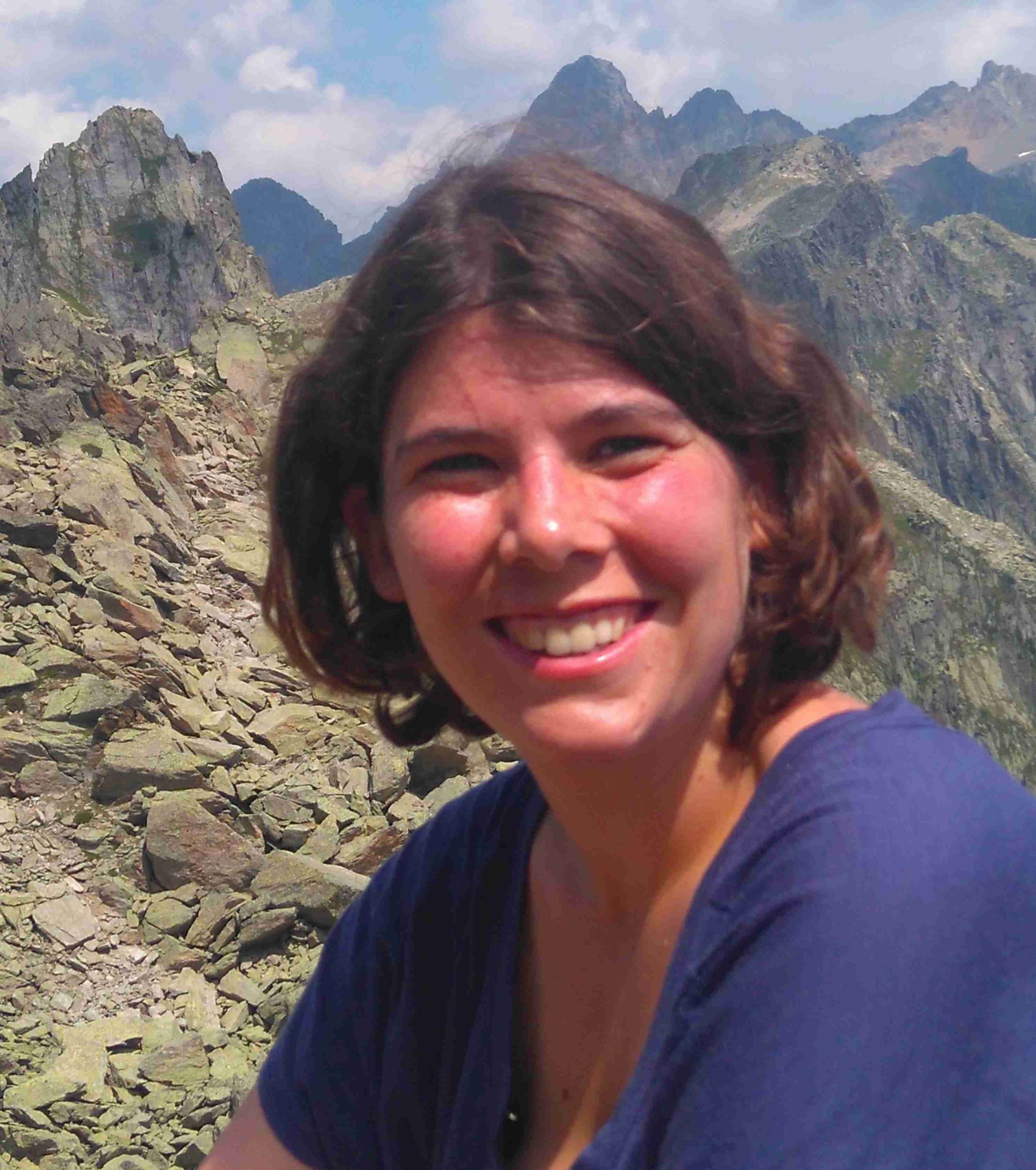Management Committee
Management Committee
Director: Anne ReinarzEmail: [email protected] Anne is currently Deputy Programme Director of MISCADA. She is an assistant professor working at the Department of Computer Science as a member of the Scientific Computing research group. |  |
| Deputy Director: Chris Marcotte Email: [email protected] Chris is currently Deputy Programme Director of MISCADA. They are an assistant professor working at the Department of Computer Science as a member of the Scientific Computing research group. | |
| Toby Breckon Toby Breckon is a Professor in the Department of Computer Science and Department of Engineering at Durham University and an academic tutor at St. Chads College. Within the department, he leads research in computer vision, image processing and robotic sensing, with a strong emphasis on AI-based machine learning and pattern recognition techniques, in addition to research-led teaching within the undergraduate Engineering and Computer Science programmes. | |
| Fred Worrall Fred’s research career started with work on pesticide pollution which included use of molecular modelling that lead to an ab initio explanation of groundwater pollution and new methods of measuring groundwater vulnerability. While in Durham, Fred was the first to develop a complete carbon budget for a Peatlands which was extended to consider impact of management upon the greenhouse gas balance of Peatlands and modelling of these fluxes. More recent work has considered global processes and especially the impact of the oxidation state of the terrestrial biosphere. | |
| Carlton Baugh Carlton is Professor in the Department of Physics at Durham University and a member of the Institute for Computational Cosmology. is research interests include modelling the physics of galaxy formation and devising new ways to measure dark energy using the large-scale structure of the Universe. He is also member of the Euclid Consortium, the European Space Agency’s Dark Energy Mission, responsible for producing mock catalogues. | |
Ian JermynIan is Professor of Statistics in the Department of Mathematical Sciences at Durham University. His research concerns ‘statistical geometry’: both the statistical modelling of geometric structures such as shape, as well as the geometry of statistical space and its generalizations. This work is motivated by and has been extensively applied to large structured data, such as arise, for example, in computer vision. | |
| Frank Krauss Frank is a professor at the Institute for Particle Physics Phenomenology in the Department of Physics. His research centres around physics at the Large Hadron Collider at CERN in Geneva. He is a specialist in event generators, Monte Carlo simulation programs that are used by experimenters and theorists to simulate particle collisions in the computer and that are used to analyse the data from the LHC and other similar experiments. Frank is the lead author of the Sherpa event generator. |

